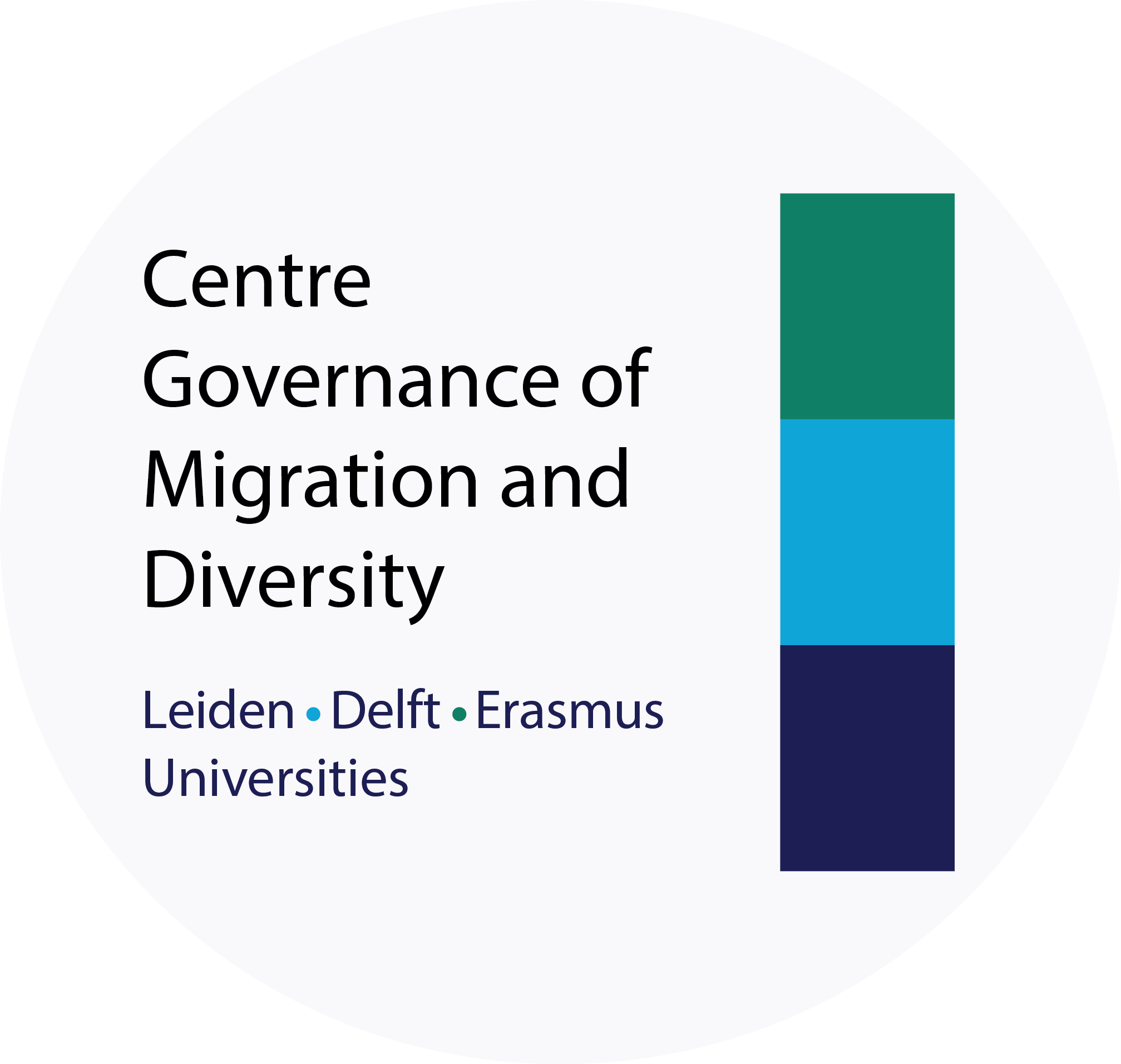Co-organized by: IMISCOE Gender & Sexuality in Migration Research Standing Committee and The Leiden-Delft-Erasmus Centre Governance of Migration & Diversity
Practical information:
- Date: 7 February 2024
- Time: 15.00-16.30
- Location: Erasmus University, Campus Woudestein, Van der Goot Building M1-05 & Online via Zoom
- Online session: The Zoom link will be sent after registration (prior to the event)
- Registration required via:
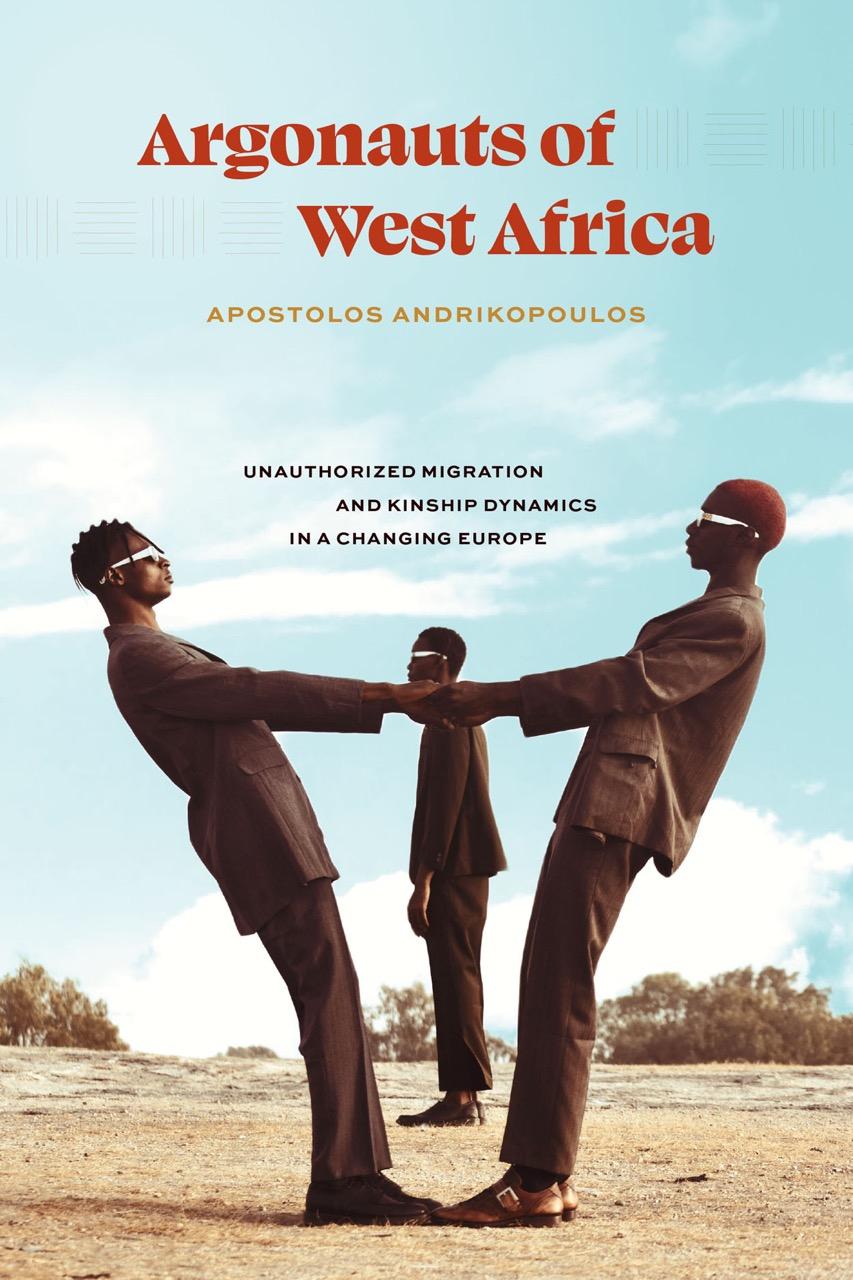
In his new book, Argonauts of West Africa: Unauthorized Migration and Kinship Dynamics in a Changing Europe, Apostolos Andrikopoulos examines the paradoxes of kinship in the lives of unauthorized African migrants as they struggle for mobility, employment, and citizenship in Europe. Amisah Bakuri and Jamel Buhari, scholars who have conducted research on various aspects of African migration to the Netherlands, join the author in a conversation about the book and its broader topic.
The book explores how West African migrants, faced with exclusion by the increasingly hostile immigration policies in Europe, have responded by drawing on kinship and generating new kinds of sociality. Through the exchange of identity documents between “siblings,” assistance in obtaining such documentation through kinship networks, and marriages that provide access to citizenship, new assemblages of kinship are continually made and remade to navigate complex migration routes and the shifting demands of European states. West African migrants with precarious legal status mobilize and produce kinship to obtain identity documents, such as visas, work permits, residence permits, and passports, which enable them to travel, work in formal jobs, and stay legally in Europe. In settings of unequal access to citizenship, accelerated change and uncertainty, migrants work with kinship in search of security, stability, and predictability. These new kinship relations, however, often prove unreliable, taking on new, unexpected dynamics in the face of codependency; they become more difficult to control than those who enter into such relations can imagine.
The book will be discussed by Dr. Amisah Bakuri (Vrije Universiteit Amsterdam) and Jamel Buhari (Leiden University) The discussion is moderated by Laura Cleton (Erasmus University Rotterdam & GenSeM Standing Committee).
Speaker & Discussant
Speaker:
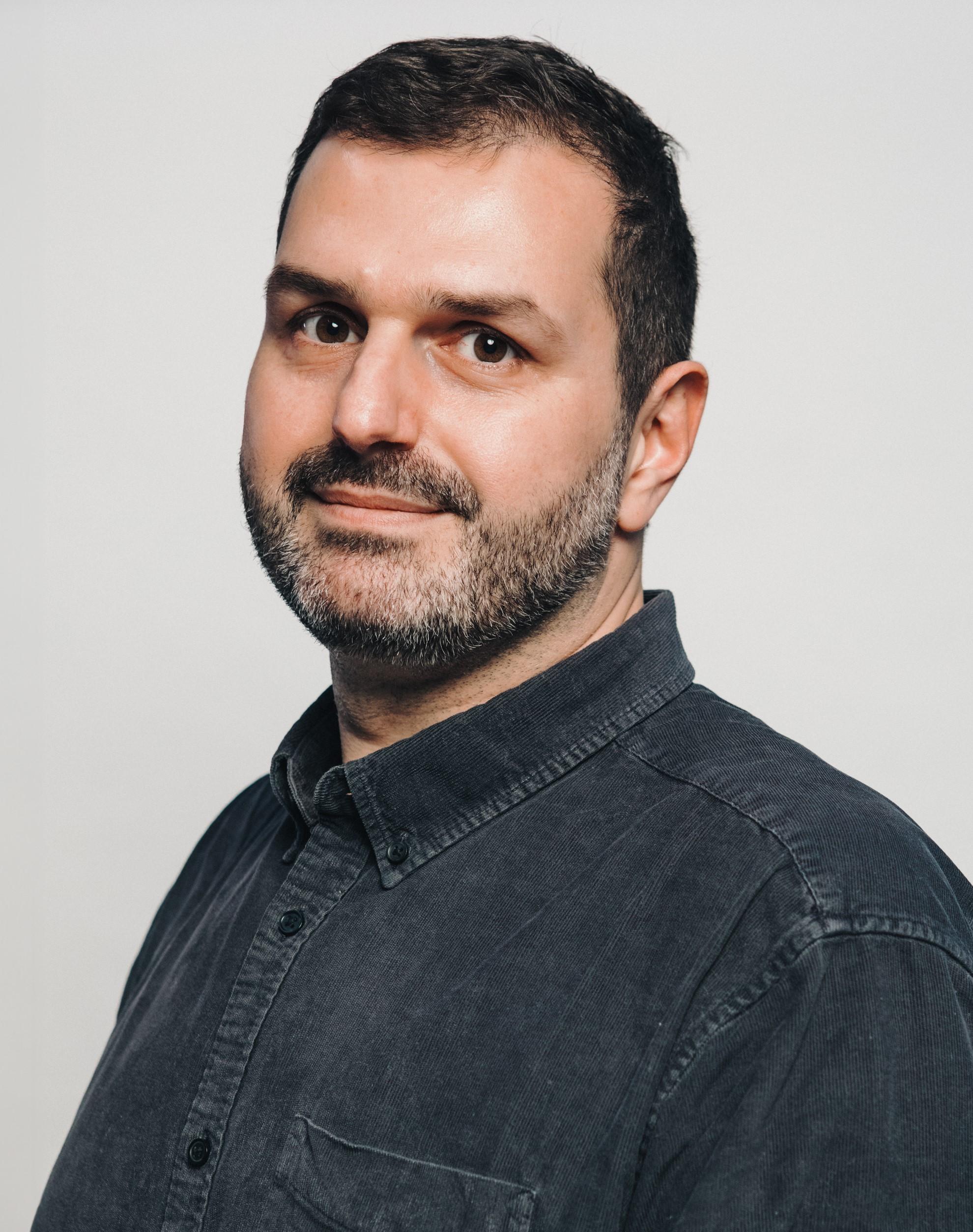
Apostolos Andrikopoulos is a Marie-Skłodowska-Curie Global Fellow at Harvard University and the University of Amsterdam. His research examines issues related to kinship, migration, and sexuality in Africa and Europe. He is the recipient of IMISCOE’s Maria Baganha Award for the best dissertation in migration studies.
Discussants:
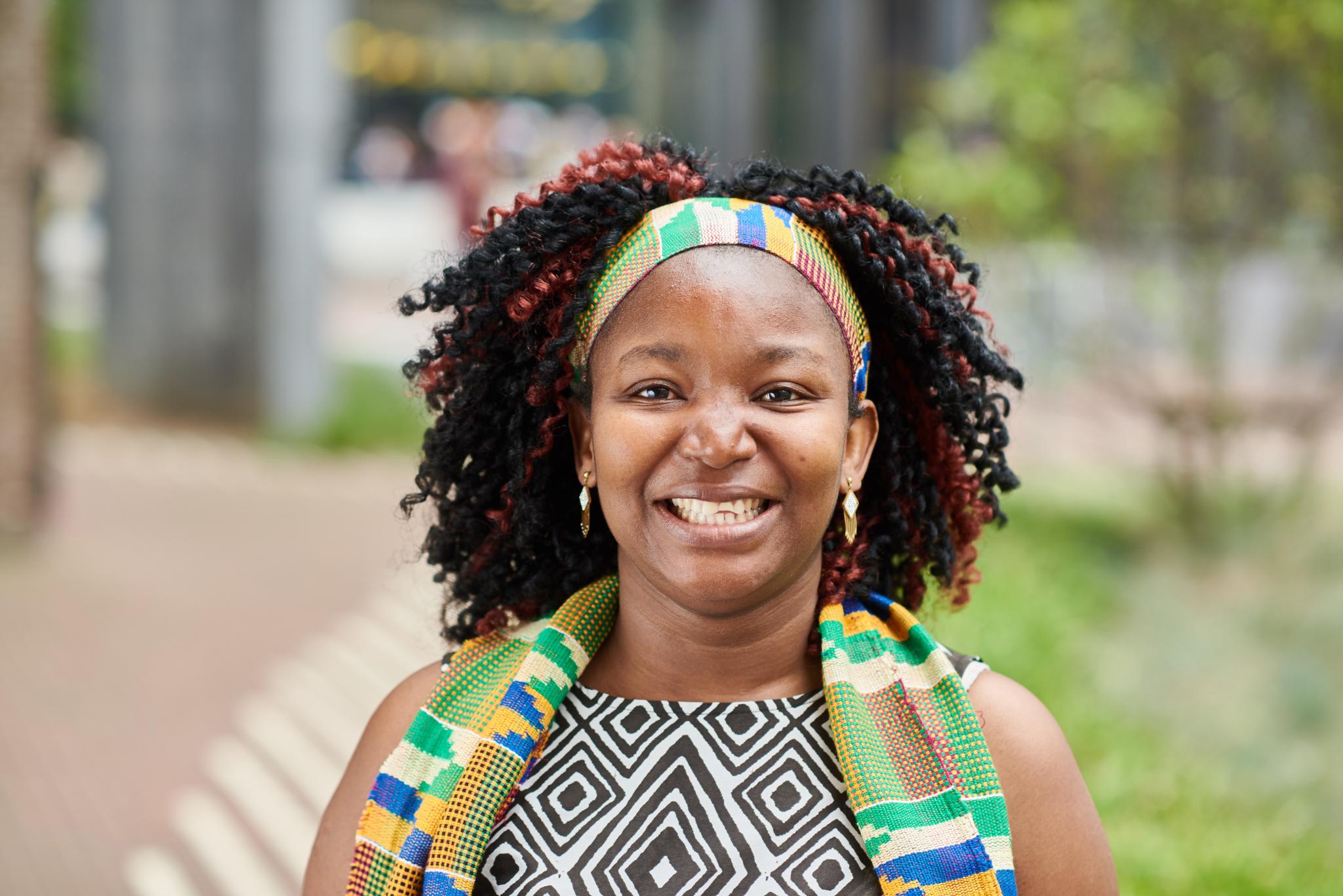 Amisah Bakuri (PhD) is currently a post-doctoral fellow at the Faculty of Religion and Theology, Vrije Universiteit Amsterdam. With more than ten years of research experience, she specialises in various fields such as religion, migration, well-being, sexuality, gender, and the health of minority groups, particularly the Black and African diaspora.
Amisah Bakuri (PhD) is currently a post-doctoral fellow at the Faculty of Religion and Theology, Vrije Universiteit Amsterdam. With more than ten years of research experience, she specialises in various fields such as religion, migration, well-being, sexuality, gender, and the health of minority groups, particularly the Black and African diaspora.
 Jamel Buhari is a PhD candidate at Leiden University's Institute for History. From a historical perspective he looks at lived experiences of queer Sub-Saharan Africans in a Dutch context. Jamel is also project manager of the NWA research project Dilemmas of Doing Diversity (DiDi), a project on Dutch diversity policies and practices in the past, present and future.
Jamel Buhari is a PhD candidate at Leiden University's Institute for History. From a historical perspective he looks at lived experiences of queer Sub-Saharan Africans in a Dutch context. Jamel is also project manager of the NWA research project Dilemmas of Doing Diversity (DiDi), a project on Dutch diversity policies and practices in the past, present and future.
Moderator:
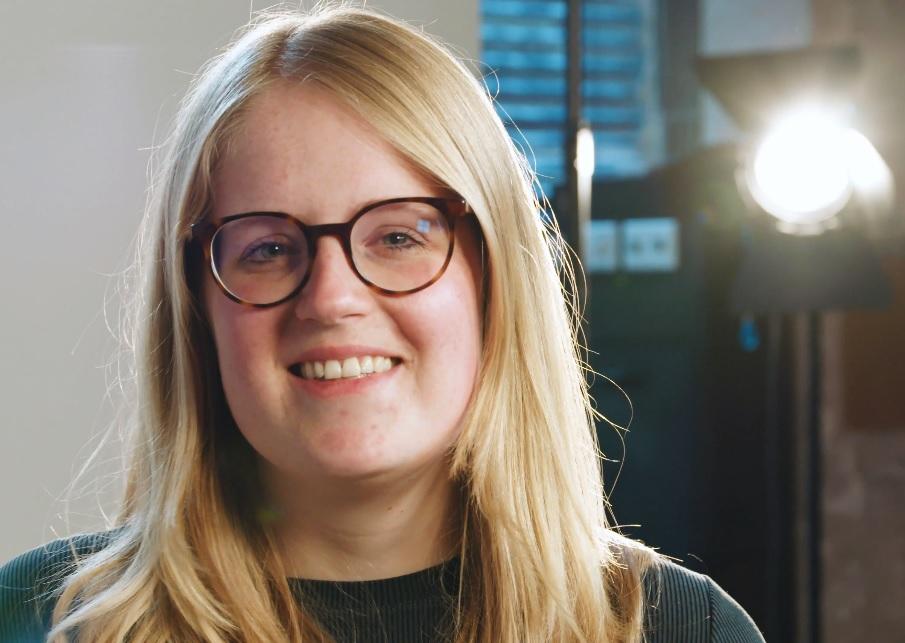 Laura Cleton is a postdoctoral researcher at Erasmus University Rotterdam. Her primary work centers on deportation regimes in Europe, with a specific focus on “assisted voluntary return” programs and the role of (international) bureaucrats in effectuating deportation. She has a keen interest in the politics of the “family” in migration governance and has studied these both in the domains of deportation governance and family migration governance. She acts as Associate Editor of the Journal of Ethnic and Migration Studies, secretary of the Dutch Association for Migration Research, and board member of the IMISCOE Standing Committee on Gender and Sexuality.
Laura Cleton is a postdoctoral researcher at Erasmus University Rotterdam. Her primary work centers on deportation regimes in Europe, with a specific focus on “assisted voluntary return” programs and the role of (international) bureaucrats in effectuating deportation. She has a keen interest in the politics of the “family” in migration governance and has studied these both in the domains of deportation governance and family migration governance. She acts as Associate Editor of the Journal of Ethnic and Migration Studies, secretary of the Dutch Association for Migration Research, and board member of the IMISCOE Standing Committee on Gender and Sexuality.
For more information
Please reach out to Laura Cleton (moderator) at cleton@essb.eur.nl


